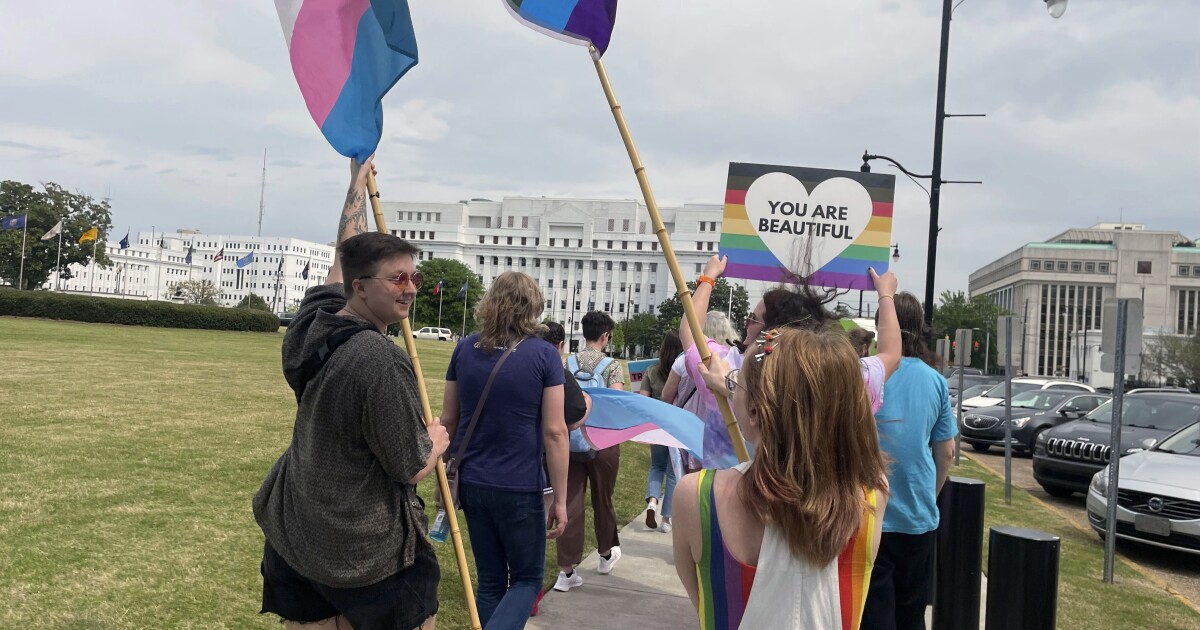

A federal judge will allow a challenge to Alabama’s ban on gender transitions for children to move forward as similar battles over medical transgender interventions make their way to the U.S. Supreme Court.
U.S. District Judge Liles Burke, an appointee of former President Donald Trump, rejected a Department of Justice request for the court to pause the case until appellate courts weighed in on similar petitions about whether states can legally enact the bans.
THREE TIMES BIDEN FORGAVE STUDENT LOAN DEBT DESPITE SUPREME COURT RULING
The DOJ argued the pause was warranted because the “exceptional legal landscape is quickly evolving,” but Burke allowed the case to proceed while noting that a pause may be proper if appellate courts grant other petitions.
There are several cases around the country involving challenges to bans on transition drugs and surgeries for children. Plaintiffs who claim transgender identity are appealing to the nation’s highest court after a 6th U.S. Circuit Court of Appeals opinion allowed such bans to take effect in Kentucky and Tennessee.
Transgender-identifying children and their families in Alabama are asking the full 11th Circuit to review a decision by a three-judge panel from that court that overturned a temporary block on the law, put in place by a lower court, while litigation takes place.
The state’s law will remain blocked until the 11th Circuit issues a mandate, and a trial is set for early April next year.
CLICK HERE TO READ MORE FROM THE WASHINGTON EXAMINER
The Alabama law makes it a felony offense for doctors to prescribe to people under the age of 19 puberty blockers or cross-sex hormones to begin the process of a medical transition.
At least 22 states have enacted bans restricting such medical interventions for children, and some states are looking to restrict them further into adulthood, as the medical efficacy of gender-related treatment is increasingly questionable.





